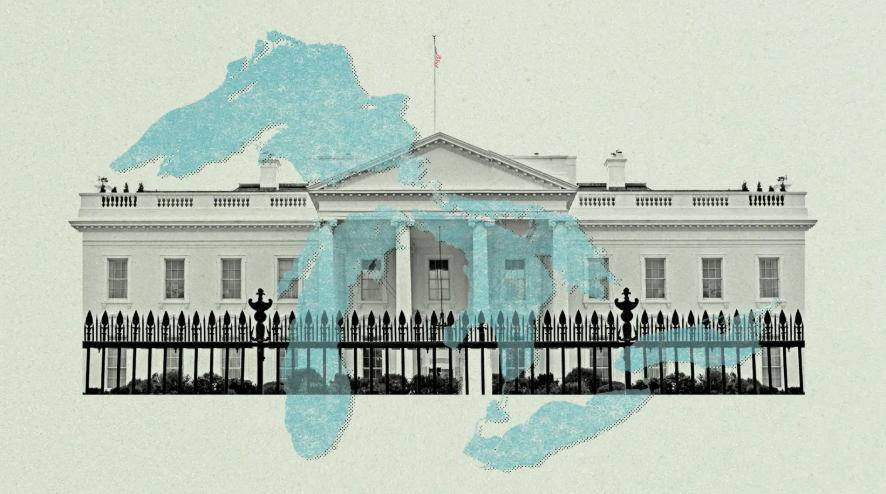The historic partnership between the U.S. and Canada in managing the Great Lakes is facing increasing uncertainty due to rising diplomatic tensions under the Trump administration. Recently, the White House abruptly disinvited two Canadian mayors from the annual Great Lakes Day summit in Washington, D.C., citing “diplomatic protocols.” This exclusion, occurring amidst ongoing trade disputes, has raised concerns that the U.S. may be shifting away from the long-standing tradition of binational cooperation in overseeing the world’s largest freshwater system.
For over a century, both countries have relied on agreements such as the Boundary Waters Treaty (1909), the Great Lakes Fishery Commission (1955), and the Great Lakes Water Quality Agreement (1972) to collaboratively manage pollution, invasive species, and water resource use. However, President Trump has reportedly expressed interest in revisiting shared water management, fueling fears that the lakes could be treated as a commodity rather than a protected ecological system. Compounding these concerns, federal budget cuts and staffing reductions at NOAA’s Great Lakes Environmental Research Laboratory have disrupted scientific collaboration, delaying efforts to address harmful algal blooms and invasive species. Experts warn that without continued U.S.-Canada coordination, the effectiveness of conservation efforts will be significantly weakened.
Dr. Rachel Havrelock, a faculty fellow at the Great Cities Institute and director of the Freshwater Lab at the University of Illinois Chicago, has voiced serious concerns over these developments. She warns that the weakening of this partnership threatens one of the most stable and successful environmental governance models in the world. She stresses that the Great Lakes must be managed as a shared ecological system, rather than as a resource for political or economic leverage. With the lakes providing drinking water for over 30 million people, Havrelock emphasizes that binational cooperation is essential for long-term sustainability and environmental protection. Her concerns reflect broader fears that recent political shifts could undo decades of progress in preserving and protecting the Great Lakes.
From Yahoo! News, in collaboration with Grist, Interlochen Public Radio in Northern Michigan, and WBEZ (To go to the actual article, please click on this link.)



